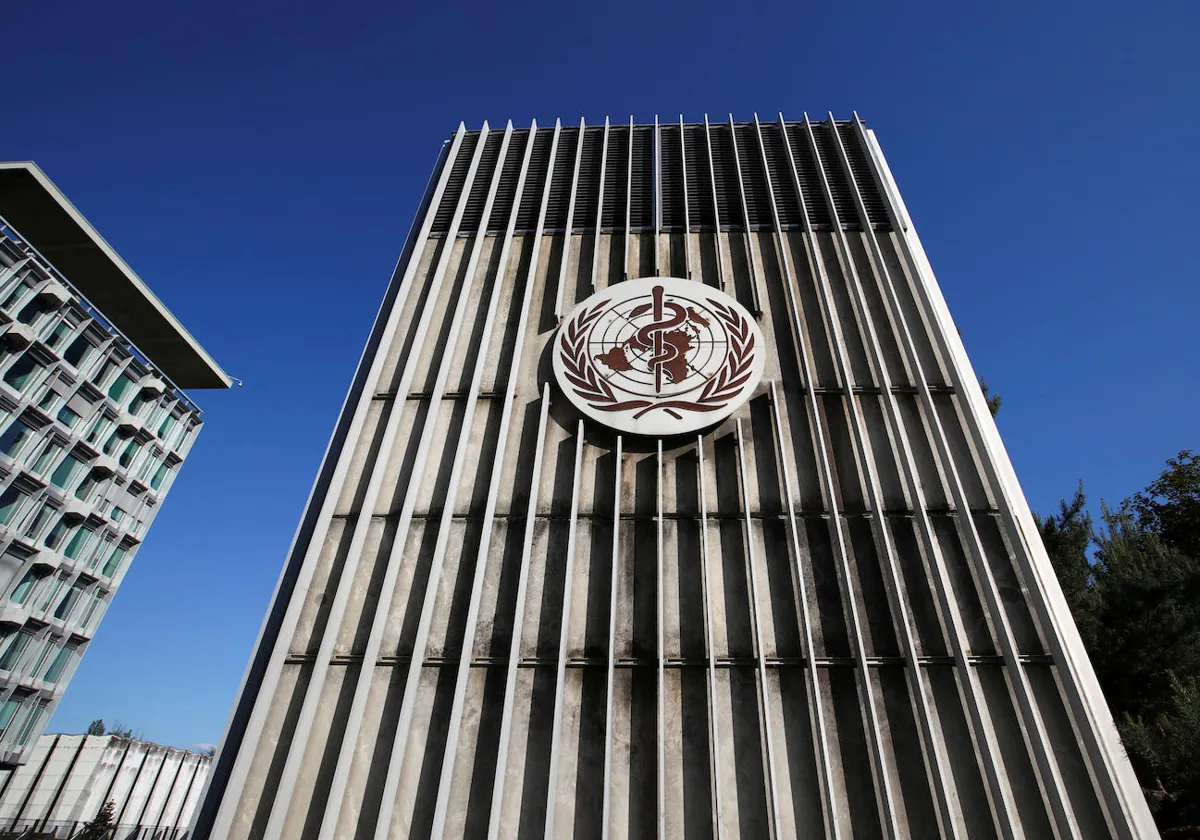WHO to evaluate first self-test for hepatitis C

The first self-tests to diagnose hepatitis C – as is done today with coronavirus tests and pharmacy tests – will become a reality in some low-income countries and soon throughout the rest of the world, the World Health Organization (WHO) has announced. … Wednesday prequalified the first self-test kit for anyone suspected of having the disease, which kills about 3,500 people a day, according to the health authority. “It could provide fundamental support for expanding access to testing and diagnostics, accelerating global efforts to eliminate hepatitis C,” said WHO, which will evaluate the drug after prequalification before making a final recommendation.
For the rapid detection of antibodies against HCV (hepatitis virus), this kit is an evolution of another that was approved seven years ago for professional use only. Now it is designed so that anyone can test at home with “one kit containing the necessary components.” The product is called OraQuick HCV.
Manufactured by OraSure Technologies, the US company that developed the first over-the-counter HIV self-test, it has been in this stage of development since 2021, when WHO recommended extending it due to “its potential to increase access and uptake of services, particularly among people who might not otherwise be able to get tested.”
In clinical trials, the pharmaceutical company was able to demonstrate “high levels of acceptability and viability, as well as empowerment of people through personal choice, autonomy and access to stigma-free self-care services.”
WHO estimates that there are 50 million people living with hepatitis C, of whom 36% are diagnosed, and only one in five are on treatment. “Adding this product to the WHO prequalification list provides a safe and effective way to scale up HCV testing services (in low-resource settings), ensuring that more people are diagnosed,” said Meg Doherty, Director of HIV, Hepatitis and STIs at WHO.
The prequalification programme “evaluates different tests, such as those used to detect antibodies against HCV, according to standards of quality, safety and effectiveness,” WHO explains of its function. “It is a cornerstone in helping countries to make a diagnosis and provide subsequent high-quality treatment.” The goal is to achieve 90% diagnosis and then achieve hepatitis C elimination.
